Invited Speakers
Plenary lectures
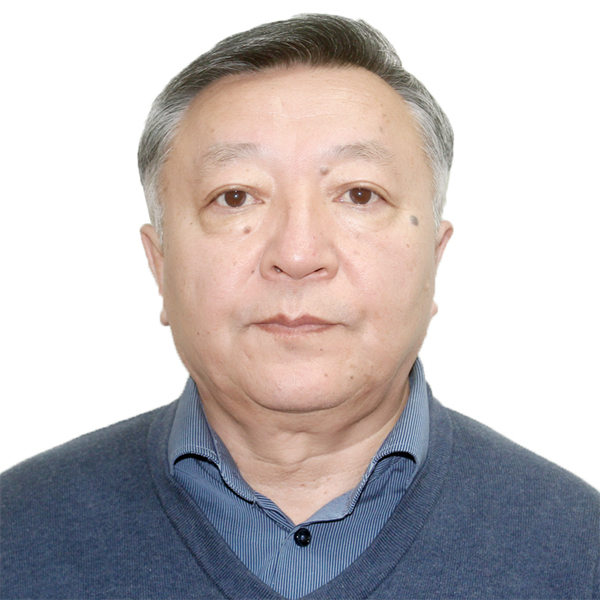
Rentsen Enkhbat
Institute of Mathematics and Digital Technology
Mongolian Academy of Sciences
Plenary lecture:
Recent Advances in Sphere Packing Problem
Abstract
We consider a general sphere packing problem which is to pack non-overlapping spheres with the maximum volume into a convex set. This problem has important applications in science and technology and belongs to a class of global optimization.
In two dimensional case, the sphere packing problem is a classical circle packing problem. It has beenshown that 200 years old Malfatti’s problem [3] is a particular case of the circle packing problem [1,2].
We survey existing theories and algorithms on general sphere packing problems. We also discuss their applications in economics and a mining industry.
References
1. R.Enhbat, Global Optimization Approach to Malfatti’s Problem, Journal of Global Optimization, vol. 65, pp. 33-39, 2016
2. R.Enkhbat, Convex Maximization Formulation of General Sphere Packing Problem,the Bulletin of Irkutsk State University'. Series 'Mathematics' Vol.31, pp.142-149, 2020.
3. Malfatti, G. "Memoria sopra un problema stereotomico." Memorie di matematica e fisica della Societé Italiana delle Scienze 10-1, 235-244, 1803.

Vladimir Marianov
Professor Emeritus, Department of Electrical Engineering, Pontificia Universidad Católica de Chile and Deputy Director, Instituto Sistemas Complejos de Ingeniería (ISCI.cl), Santiago, CHILE
Plenary lecture:
Store location and agglomeration in competitive and non-competitive retail
Abstract
Agglomeration or clustering of stores can be observed in practice in the location of both competitive and non-competitive stores. What makes several shoe stores locate beside each other, or a shoe store locate close to a pants store? Hotelling in 1929 proposed an explanation; however, it only works under very special circumstances. Economists, transport and market researchers have found better explanations to this phenomenon: agglomeration is due to the savings obtained in multiple-stop shopping trips. Amazingly, these trips were only recently included into optimization models for optimal location, and their inclusion indeed changes the prescribed locations.
We study the effect of multiple-stop trips, both multipurpose shopping (MPS) and comparison shopping (CS), on location of retail stores. We analyze follower and (bi-level) leader-follower models for MPS and CS, in which customers use a binary, deterministic choice rule to decide to which store to go to make a purchase, and a MPS follower problem in which customers behave according to a random utility model.
Extensions are discussed.

Alexander S. Nesterov
Assistant Professor: HSE Campus in St. Petersburg / St.Petersburg School of Economics and Management / Department of Economics
Laboratory Head: HSE Campus in St. Petersburg / St.Petersburg School of Economics and Management / International Laboratory of Game Theory and Decision Making
Plenary lecture:
Matching market design: theory and applications
Abstract
How do we match supply and demand when standard price mechanisms are not available? Examples include school choice, college admissions, organ allocation, social housing. In these cases, we use matching mechanisms that elicit the agents' preferences and then determine who gets what, so that the outcome is desirable by various standards. In this talk, I introduce the matching theory and present the results addressing the recent methodological difficulty: how to compare different matching mechanisms according to various desirable properties when the standard axiomatic approach is not applicable? I also present a practical case in point: the Russian college admissions system.
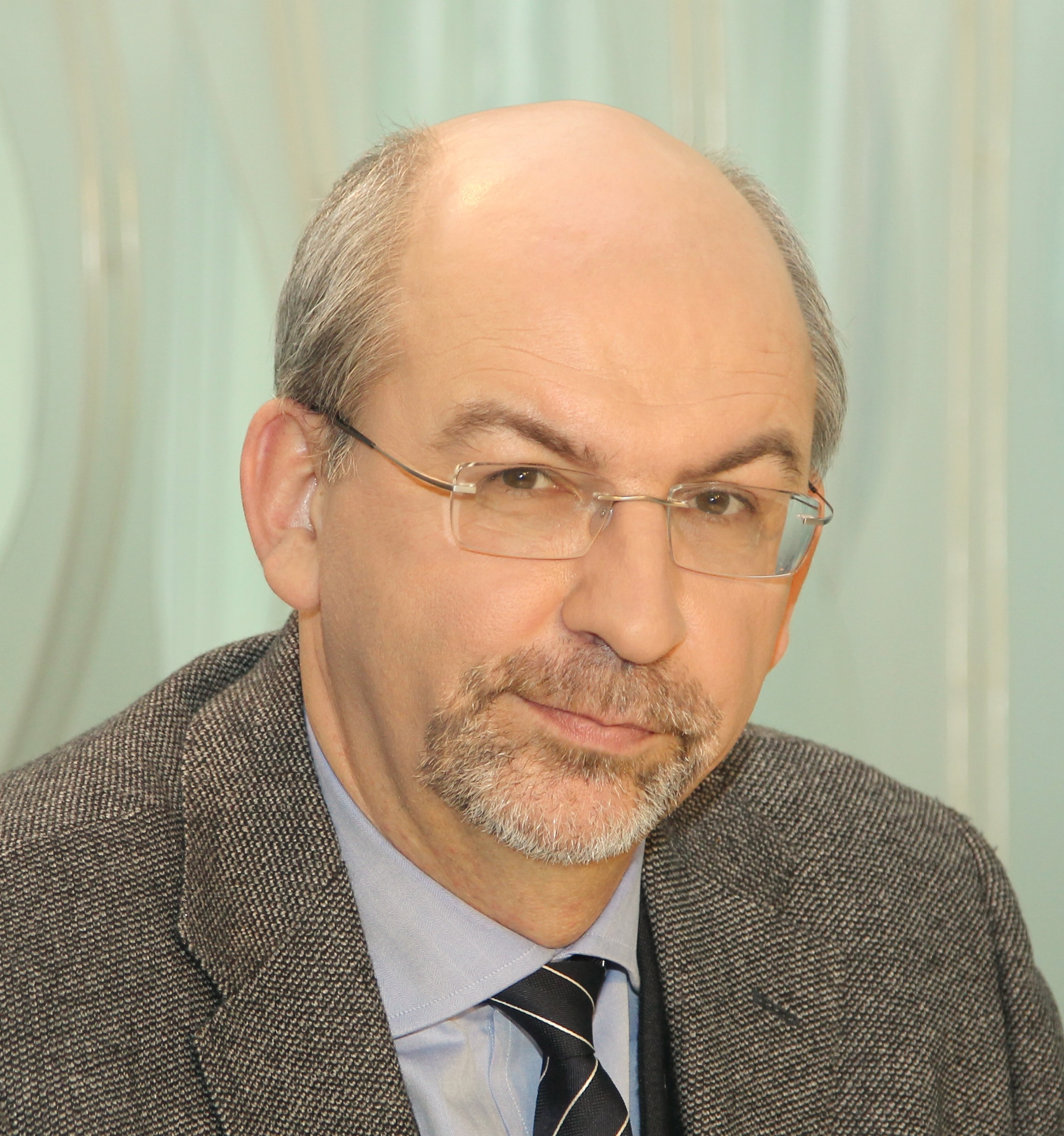
Yaroslav D. Sergeyev
University of Calabria, Rende, Italy
Lobachevsky State University, Nizhni Novgorod, Russia
Plenary lecture:
Numerical infinities and infinitesimals in optimization
Annotation
In this talk, a recent computational methodology is described. It has been introduced with the intention to allow one to work with infinities and infinitesimals numerically in a unique computational framework. It is based on the principle ‘The part is less than the whole’ applied to all quantities (finite, infinite, and infinitesimal) and to all sets and processes (finite and infinite).The methodology uses as a computational device the Infinity Computer (a new kind of supercomputer patented in several countries) working numerically with infinite and infinitesimal numbers that can be written in a positional system with an infinite radix. On a number of examples (numerical differentiation, divergent series, ordinary differential equations, fractals, set theory, etc.) it is shown that the new approach can be useful from both theoretical and computational points of view. The main attention is dedicated to applications in optimization (local, global, and multi-objective). The accuracy of the obtained results is continuously compared with results obtained by traditional tools used to work with mathematical objects involving infinity.The Infinity Calculator working with infinities and infinitesimals numerically is shown during the lecture.
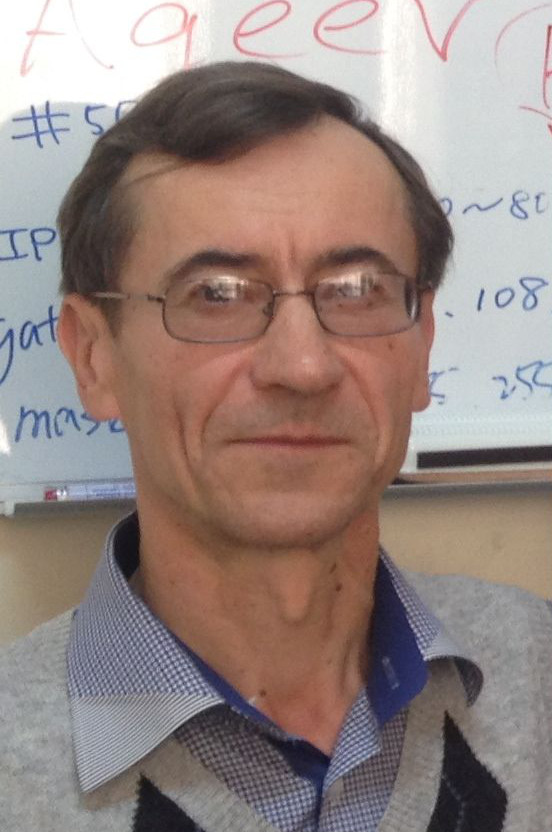
Sergey Sevastyanov
Sobolev Institute of Mathematics, Novosibirsk, Russia
Plenary lecture:
Three efficient methods of finding near-optimal solution for NP-hard discrete optimization problems. (illustrated by their application to scheduling problems)
Annotation
Three fairly universal and efficient methods of finding near-optimal solutions for NP-hard problems will bediscussed in our talk and illustrated by examples of their application to scheduling problems (although, they are surely applicable to a much wider area of Discrete Optimization problems):
1. Methods of“compact” vectorsummation in a ball (of any norm) of minimum radius, and methods of non-strict summation of vectors in a given area of d-dimensional space. These methods are applicable to problems of finding uniform distributions of multicomponent objects.
2. Application of the maximum flow and the minimum cut algorithms to problems of finding uniform distributions of one-component objects with prescribed constraints on the distribution areas of objects.
3. The method of a gradual reduction of the feasible solutions domain.
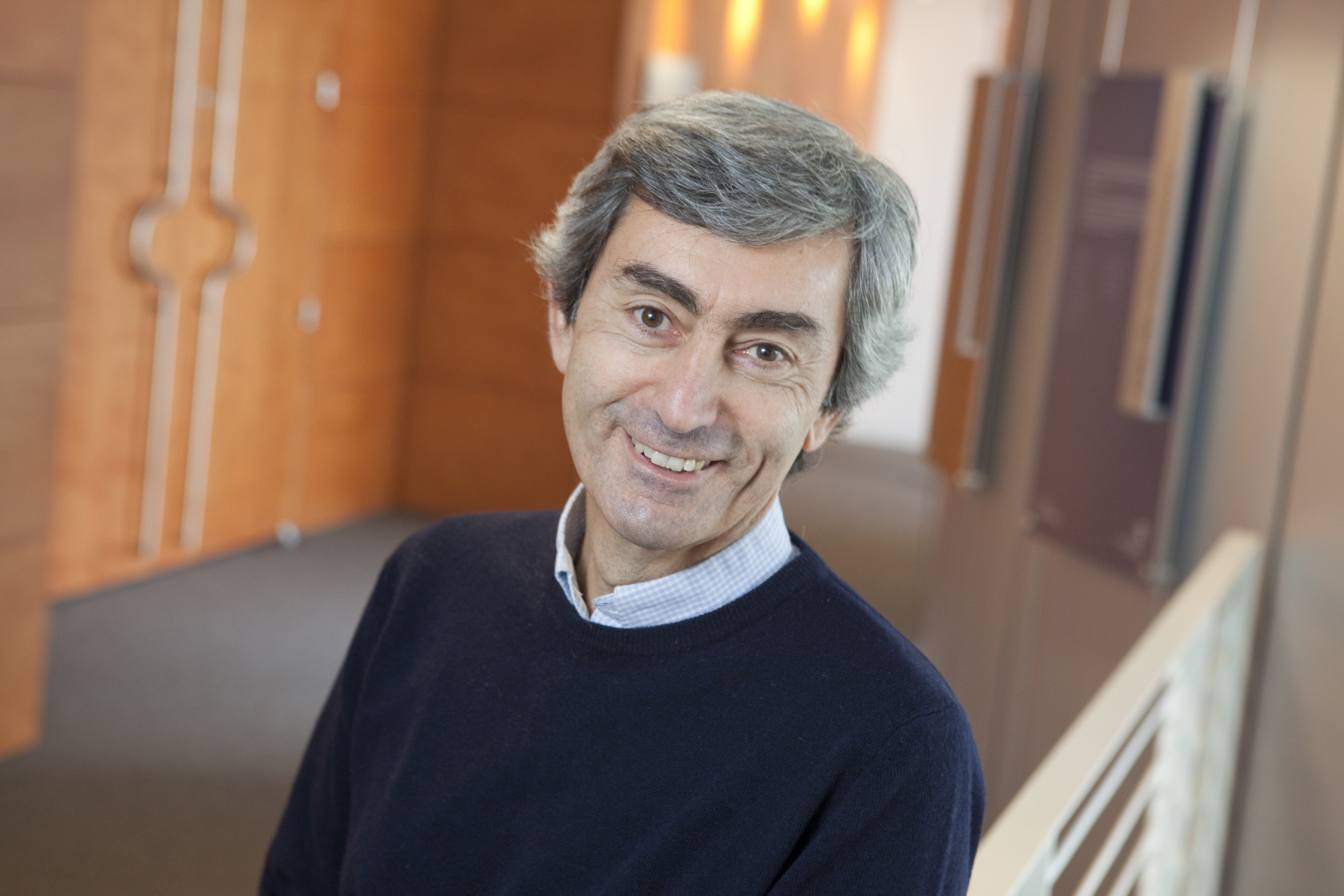
Georges Zaccour
GERAD, HEC Montréal, Canada
Plenary lecture:
Coordination in Closed-Loop Supply Chains: A Dynamic Games Perspective
Abstract
Lack of coordination between the parties involved in a supply chain typically leads to lower outcomes for manufacturers and retailers, and to lower consumer surplus. Further, the collection of past-purchased products at the end of their useful life, for remanufacturing or recycling purposes, is a crucial activity in optimizing operations management and achieving a better environmental performance.
In this talk, I will discuss some coordination mechanisms that could be implemented to improve the efficiency of a closed-loop supply chain, in a context of long-term strategic interactions between the agents and in the presence of demand uncertainties.
Tutorials
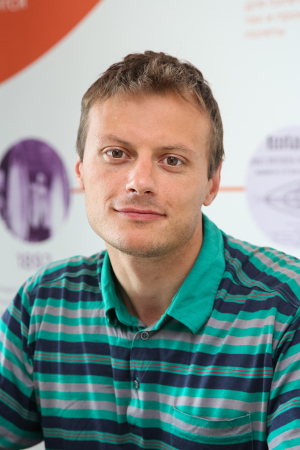
Alexander Gasnikov
Moscow Institute of Physics and Technology
Tutorial:
Markov Decision Process and Convex Optimization
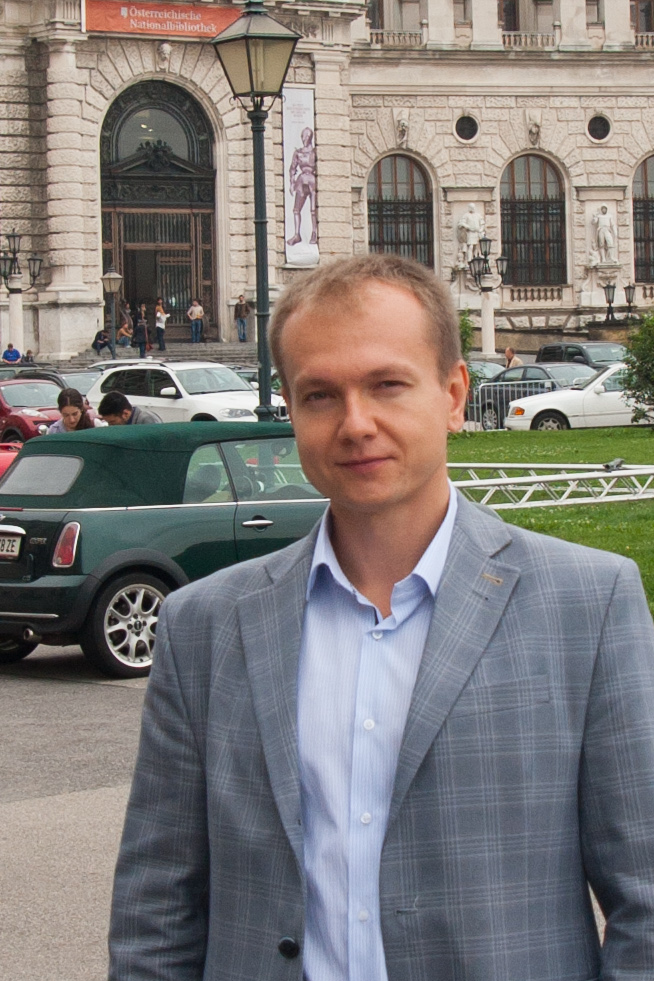
Evgenii Sopov
Siberian Institute of Applied System Analysis named after A.N. Antamoshkin (SibIASA), Reshetnev Siberian State University of Science and Technology, Krasnoyarsk, Russia
Tutorial:
Hyperheuristics for Automated Synthesis and Control of Evolutionary Optimization Algorithms

